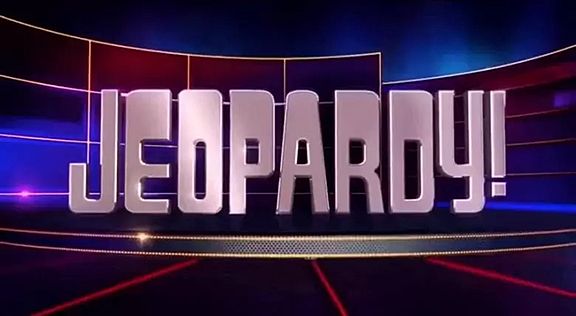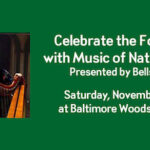Who’s Your Champion?

By the time anyone reads this, a victor will have somehow prevailed in “Jeopardy’s” November 2022 Tournament of Champions.As of the cold, windy November morning on which I am writing this, one winning “question” has been challenged. The “Final Jeopardy Answer” for the November 16 playoff game was: “Paul’s letter to them is the New Testament epistle with the most Old Testament quotations.” Competing Jeopardy champion Amy Schneider, and I answering at home from my sofa, asked, “Who are the Hebrews?” I cheered when “Jeopardy” host Ken Jennings ruled Amy’s (and my) answer correct. For the record, champion Andrew He asked, “…Philippiaes?” Wrong question and wrong spelling. Champion Sam Buttrey asked, “Who are the Romans?” Wrong. 
Truth be told I didn’t know which of Paul’s Epistles had what number of Old Testament quotations. I shouted out, “Who are the Hebrews,” after quickly supposing that Paul, in his writerly efforts to persuade the Hebrews to follow him, would have referred to stories and teachings that resonated with a Hebrew audience; the Old Testament was and is, after all, a compendium of Hebrew/Jewish stories and teachings.
Great reasoning!
Not so fast.
Soon after Amy’s victory, media outlets started to hear from “Jeopardy” fans and biblical scholars that the New Testament Epistle with the most Old Testament quotes is Paul’s letter to the Romans because it’s not universally accepted that Paul himself wrote the Epistle to the Hebrews. Of course, there are religious scholars who question the authorship, timing, and modern day understanding of many religious texts. How can anyone in 2022 know for sure who wrote what and when? Today, we accept that ghostwriters, speechwriters, staff writers, and clerks often compose the more famously attributed information we read, hear, and rely on.

It had never occurred to me that Paul didn’t write what I long understood to be Paul’s letter to the Hebrews, and now, computer home page notifications about “Jeopardy” related dissension was distracting me from writing a holiday themed article about how the tree of life has symbolized the cosmos, human consciousness, and societal structure worldwide in diverse cultures throughout history. So, to clear my mind of “Jeopardy” and get to the writing I intended, I found my store bought “The Jerusalem Bible” so I could see if there were any clarifying footnotes about Paul’s letter to the Hebrews. I found no letter from Paul to the Hebrews. Instead, I found “The Letter to the Hebrews” subtitled “A letter addressed to a Jewish-Christian Community.” Paul’s name appears on all the other letters preceding “The Letter to the Hebrews.” And, lest it sound like I’m going out on some shaking ideological branch of a big tree here, my point in writing about this issue is not to argue about the bible. My point in referencing what I found in my “The Jerusalem Bible” supports any grievances “Jeopardy” Championship contenders Andrew He and Sam Buttrey might have.
“Final Jeopardy” answered and asked? Not quite. Not now.
Will “Jeopardy’s” producers acknowledge there are questions about their question? By the time anyone reads this, we who care will know how the “Jeopardy Tournament of Champions” has been decided. How “Jeopardy’s” producers address the question of their tournament’s final answer connects to how dubious but authoritative answers guide people’s thinking.
Authoritative answers serve as branches in the decision trees people rely on for ongoing analyses. Correct answers determine good grades in school and the workplace. And while biblical scholarship might not be big in the minds of game show writers, discussions of religious texts are big in the world of religion. My “Google search, an activity unknown to anyone not that long ago, concerning “Paul’s letter…” seems to correlate with my receiving a Facebook post discussing the best translations of the bible. Like I said in a previous paragraph, in mentioning a religious text, I stepped out onto the moving limb of a large many-branched tree rooted in a grove of different trees all swaying in the wind.
I’ll go out on another limb. On November 8, I chose not to watch election results; I watched “The Northman” on Amazon Prime. “The Northman” depicts bloody conflict over family trees, archetypal beliefs, with, spoiler alert, many violent champions fighting to the death in a time when people trying to get by, sometimes by being branded as owned by some powerful champion, still believed in the Norse Tree of Life, “Yggdrasill,” which has neither beginning nor end and will, it was thought, survive “Ragnarok.” That’s just one tree of life story.
There are many books in the library and ancient stories online.
Happy Solstice.
Let there be light.










